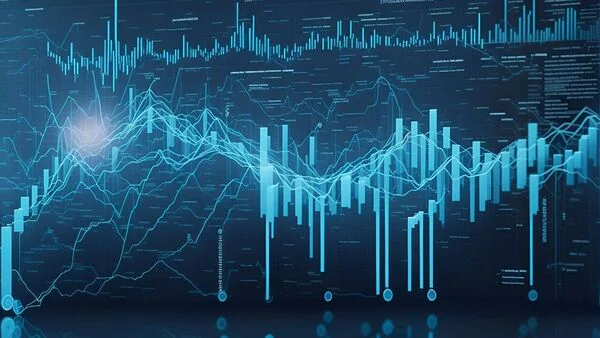Context:
Recently, the Ask Capital report highlighted that India is set to achieve the $ 1 trillion digital economy mark by 2028.
Key highlights of the report
- “Digital economy is growing at the rate of 2.8 per cent and India has become a global example of real-time digital payments.
- Indian Council for Research on International Economic Relations (ICRIER) data suggests that India’s score on digital prowess has surpassed that of developed nations such as Japan, the United Kingdom and Germany in the aggregate level of digitalisation.
The Telecom Regulatory Authority of India (TRAI) data suggests:
- As of March 2024, India has nearly 120 crore telecom subscribers.
- Total number of internet subscribers increased from 88.1 crore in March 2023 to 95.4 crore in March 2024.
- Over 7.3 crore internet subscribers were added in the last one year
- Around 7.7 crore broadband subscribers were added in the last year.
The total volume of wireless data usage also increased with a yearly growth of 21.69 per cent.
- The digital economy, which accounted for 4.5 per cent of India’s GDP in 2014, is expected to contribute 20 per cent of the GDP by 2026.
- Between 2017 and 2023, retail digital payments surged by 50.8 per cent.
- Unified Payments Interface (UPI), is expected to contribute 90 per cent of the total retail digital payments in India by 2027.
UPI is an instant real-time payment system developed by the National Payments Corporation of India (NPCI) in 2016 to facilitate inter-bank transactions through mobile phones. - The Reserve Bank of India (RBI) is set to launch the unified lending interface (ULI) which aims to make obtaining credit easier, particularly for small and rural borrowers.
ULI is a platform that facilitates the seamless flow of a customer’s digitised financial and non-financial data from multiple data service providers to lenders. It makes credit underwriting seamless and customer journeys frictionless for a diverse range of borrowers - The e-commerce sector is anticipated to be a major driver of future growth, contributing to a rise in digital payment transactions in rural areas.
Indian Council for Research on International Economic Relations (ICRIER)
- ICRIER was established in 1981 with the motto of “linking India with the world,”.
- ICRIER is an independent public policy organization known for providing informative and insightful ideas to accelerate India’s inclusive development.
Importance of the digital economy
- The digital economy produces large amounts of data that can be analyzed for insights, trends and data-driven decision-making.
- Digital platforms improve access to financial services in remote areas, promoting cashless transactions and bridging the inclusion gap
- It has given rise to many new trends and start-up ideas.
- It supports the growth of e-commerce, enabling SMEs and rural entrepreneurs to reach national markets.

